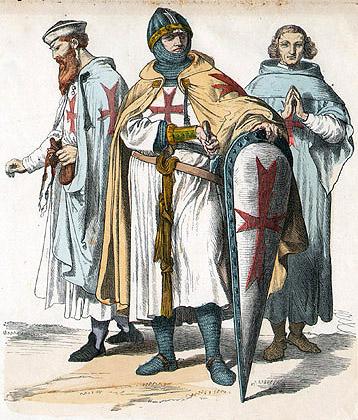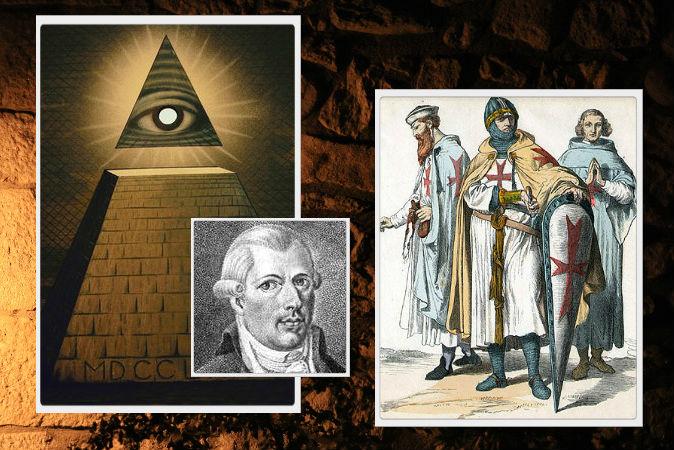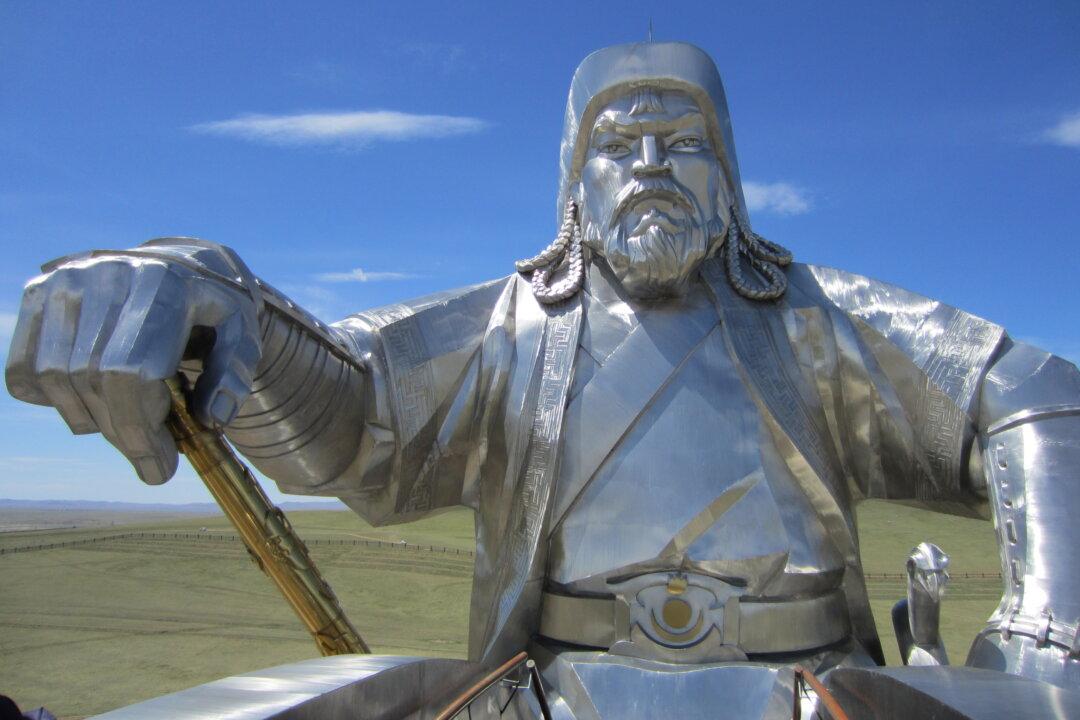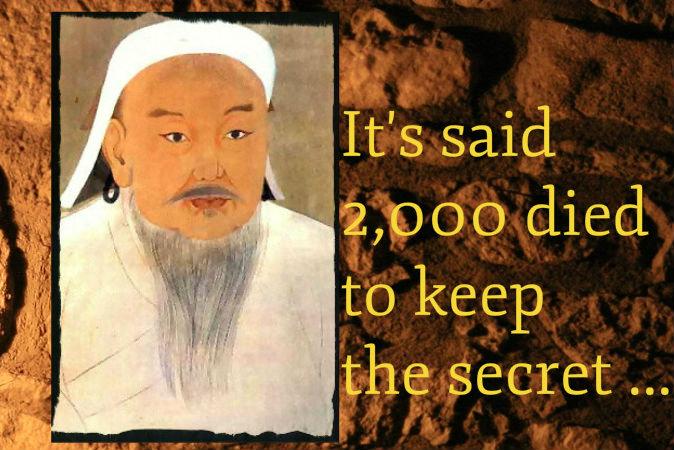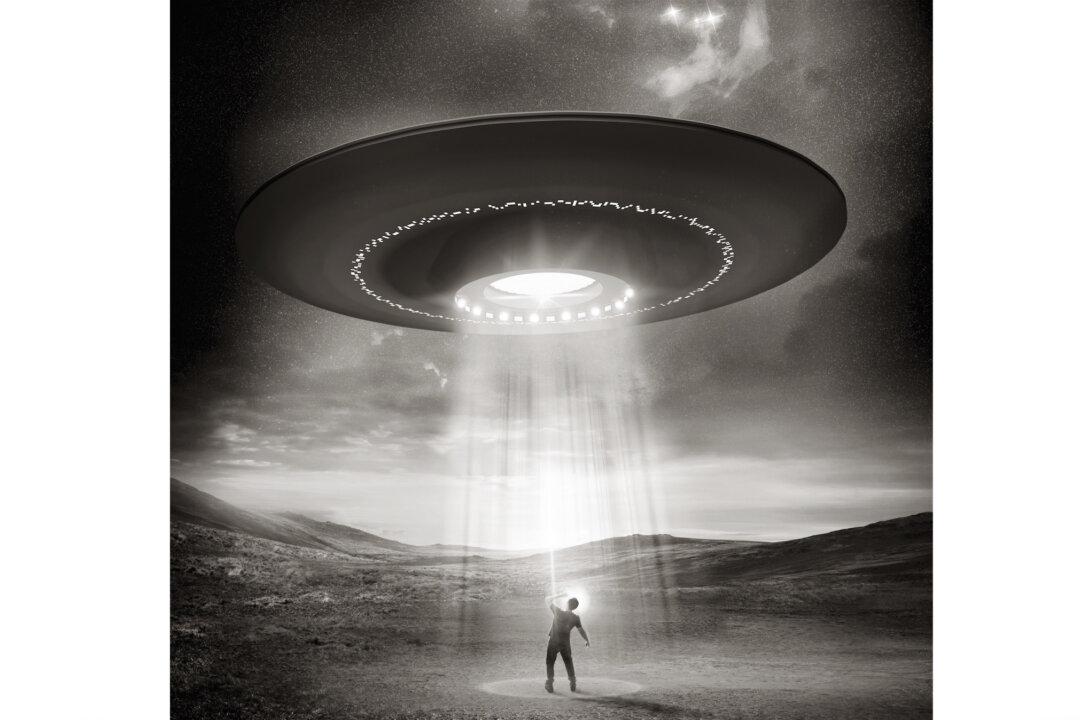Throughout history, groups of men have gathered to steer larger political, economic, and social events in their favor, be it emperors, kings, queens, their advisers and councils, and so on. But, there have been other rather unknown groups that may have exerted considerable influence without being in the worldly spotlight.
The Knights Templar was a medieval secret society of Christian Knights founded approximately around 1118 to protect pilgrims traveling to the Holy Land during and after the crusades. They received official endorsement from the Catholic Church in 1129. Within a few short decades they would become one of the most powerful orders in Europe, with a reliable and sophisticated banking system, strong military presence, leagues of followers, and ever-growing territory.
The Templars were more than just Crusade knights with money; they had a strict code of conduct, including not retreating in battle unless vastly outnumbered and they pledged to protect pilgrims on their travels.
